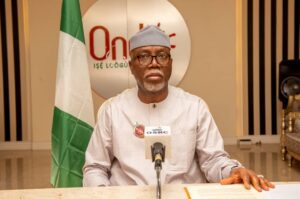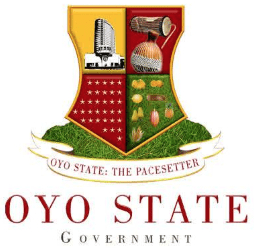COVID-19: NAPST begs FG not to close schools beyond Jan.18
The National Association of Private School Teachers (NAPST) has appealed to the Federal Government not to close down schools beyond Jan. 18 as a result of the second wave of the COVID-19.
The National President of the association, Mr Olumhense Akhigbe, made the call at a news conference on the plight of private school teachers in the country Thursday in Abuja.
Akhigbe said that if ultimately schools would remain closed as a result of the second wave of coronavirus, there was need for government to come to the aid of the teachers.
“If schools must be closed, then all private school teachers must as a matter of urgency be paid a monthly stipend for the time being.
“This support will go a long way to save our lives, our jobs and the future of millions of Nigerian children in private schools, he said.
According to him, already most schools were supposed to resume on Jan. 4 but by government directive through the PTF, resumption was delayed till Jan. 18.
“Recall that, that was the same way it was done and we stayed six months without any pay in 2020. They kept on adding two weeks.
“So as an association, we are calling on government to `do the needful’, allow schools to operate but just monitor and ensure adherence to the COVID-19 safety guidelines,” he said.
Akhigbe further said that the association would be forced to embark on nationwide protest if schools were closed beyond Jan. 18 and no adequate provision for private school teachers to ameliorate the effects.
He, therefore, commended the initiative of the survival fund introduced by the government to pay 10 teachers in each school.
He noted that this gesture was laudable but also solicited for more to be done as large numbers of teachers were domiciled in the private schools.
“We commend greatly the initiative of the survival fund but unfortunately just as we said when it was introduced that it does not tackle the challenges of the private schools in Nigeria.
“The fund is requesting for the account details of only 10 employees with their BVN and an average school in Nigeria has between 50 and 150 staff or more.
“So, asking for only 10 members of staff does not tackle the problems private schools are facing,” he said.
Also, Mrs Risqiyah Abubakar, Director of Finance, NAPST, called for urgent need for the government to compel private school owners to take into cognisance the welfare of the teachers in the period of the pandemic.
Abubakar said that the payment of 10 teachers from each school was not enough, saying that couples who are teachers in private schools may not have benefited and their survival may be difficult.
In the same vein, Mr Peter, Adejobi, FCT Organising Secretary, Socialist Workers and Youth League, said 70 per cent of youths teaches in private schools and as such the need to look at their plight.
Adejobi also called on private school owners to be humane in the treatment of private school teachers in such a way that the environment would be conducive for them to discharge their duties for national development.
He also called on the Teachers Registration Council of Nigeria to also come to the aids of teachers in the area of their welfare and not only asking them to come for their professional certification.




